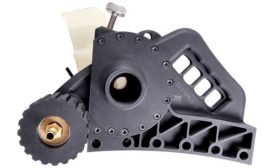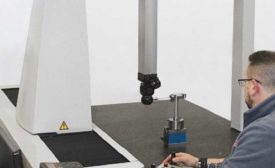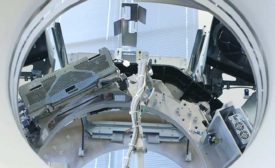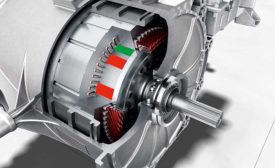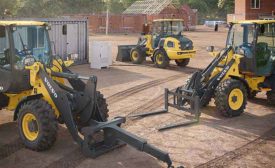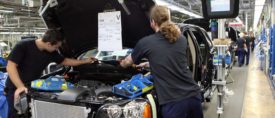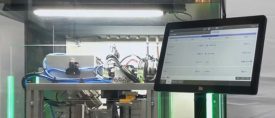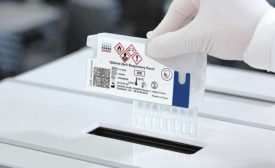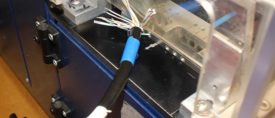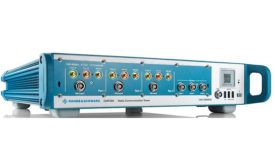Industries
Assembling EV Motors With Adhesive
Magnets, rotors, shafts, stators and other metal components require epoxy.
May 17, 2022
Electric Tractors Tackle Off-Highway Jobs
Tractors are moving beyond old-fashioned diesel power.
May 13, 2022
Leak Testing Appliances
Mass flow, pressure or vacuum decay, and tracer gas sniffing tests ensure leak-free performance of all types of home appliances.
May 4, 2022
Harness Manufacturer Masters High-Mix Assembly
MJM Industries serves manufacturers worldwide with high-quality wire and cable harnesses, control panels, electromechanical devices and engineering services.
April 25, 2022
Never miss the latest news and trends driving the manufacturing industry
Stay in the know on the latest assembly trends.
JOIN TODAY!Copyright ©2024. All Rights Reserved BNP Media.
Design, CMS, Hosting & Web Development :: ePublishing
